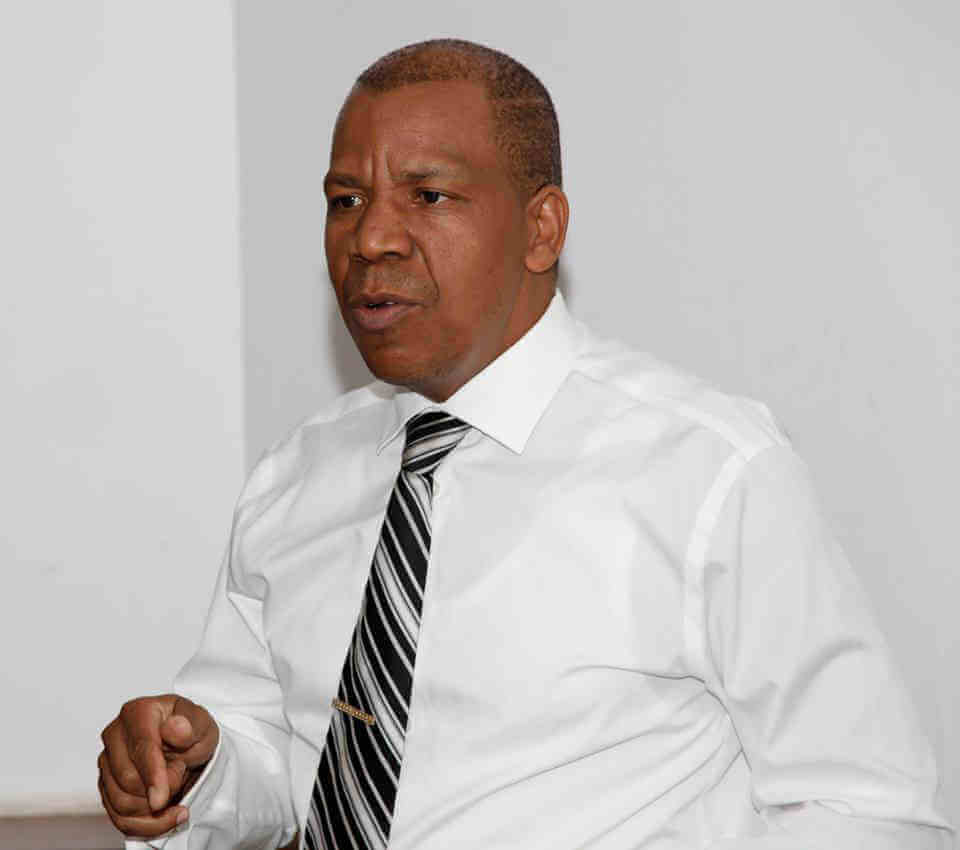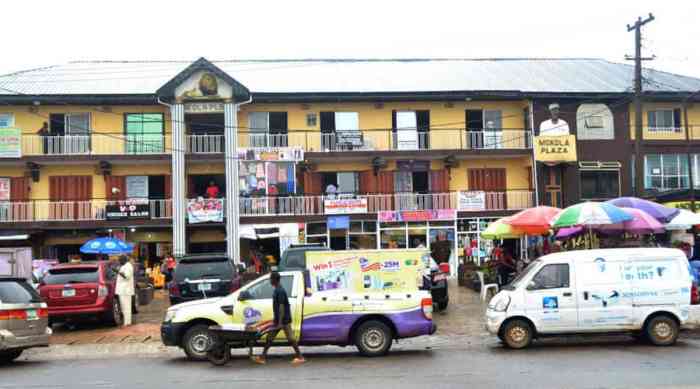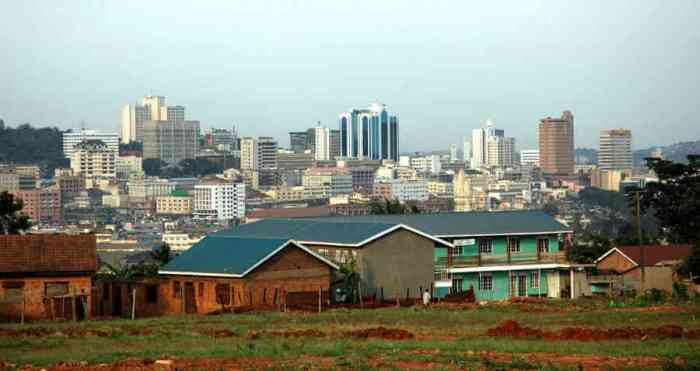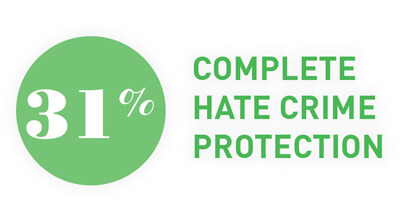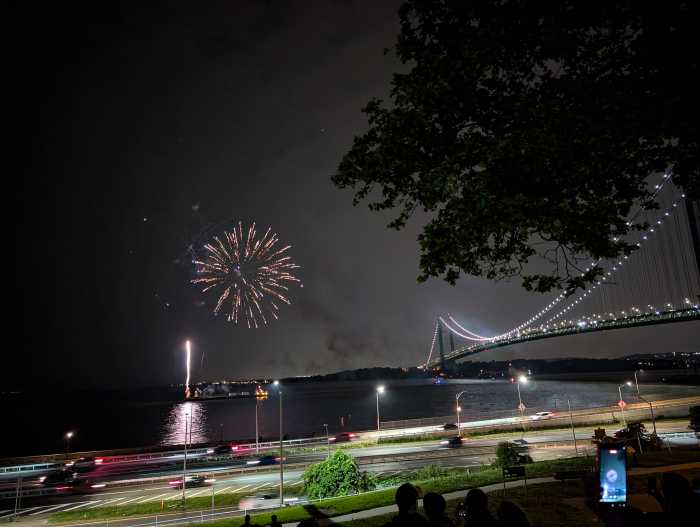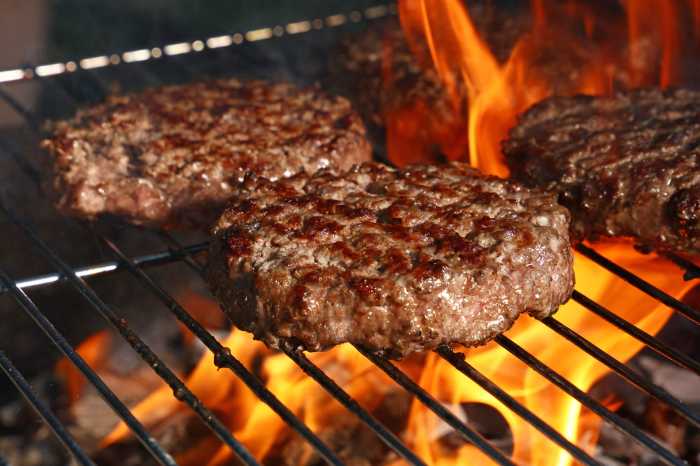Botswana’s government is appealing a recent ruling by the nation’s High Court that decriminalized sodomy in the southern African nation.
The nation’s attorney general, Abraham M. Keetshabe, said in a written statement on July 5 that he has “decided to note an appeal with the Court of Appeal” after three judges ruled unanimously last month to overturn laws that impose a maximum sentence of seven years behind bars for same-sex sexual acts.
Judge Michael Leburu delivered the judgment at the time, saying, “Human dignity is harmed when minority groups are marginalized.” He noted that laws criminalizing consensual sex between LGBTQ people were discriminatory. The judges concluded that the laws were unconstitutional and violated guaranteed protections of privacy, liberty, and dignity.
The attorney general, in his written statement, said he is “of the view that the High Court erred in arriving at this conclusion.”
It is not clear whether the government’s last-ditch effort could prove to be successful, but the appeal goes against earlier signs that President Mokgweetsi Masisi’s administration was willing to embrace LGBTQ rights. In September of last year, he said LGBTQ people “deserve to have their rights protected.”
Other signs of progress have been clear in Botswana in recent years. An LGBTQ organization gained recognition in 2016 and the following year the government took the position that transgender people have the right to transition. Employment discrimination on the basis of sexual orientation has been banned since 2010. In last month’s ruling, Leburu wrote that “the word ‘sex’ in Section 3 of the Constitution should be generously and purposively interpreted to include ‘sexual orientation.’”
Should the sodomy ruling remain in place, it would represent the latest eradicating of measures criminalizing LGBTQ rights in Africa, many of which have been left over from the years when European colonial powers took over, divvied up the continent amongst themselves, and imposed regressive laws.
In January of this year, Angola — which nearly borders Botswana to the north — introduced a new penal code that does not ban same-sex activity. To the east of Botswana, Mozambique legalized sodomy in 2015 and currently bans discrimination on the basis of sexual orientation.
Those nations are near South Africa, which was the first nation on the continent to introduce sweeping LGBTQ rights and remains the only one to provide same-sex marriage rights. But that nation still has persistent pockets of homophobia, proving that progressive changes in laws do not always pave the way for gay-friendly attitudes.
Kenya, on Africa’s eastern coast, was also thrust into the conversation on queer rights earlier this year when a lawsuit raised the question of repealing that nation’s sodomy laws, but the LGBTQ community there suffered a setback in May when the High Court opted to uphold the status quo. However, Kenya’s Court of Appeals in March affirmed a High Court ruling establishing the recognition of an LGBTQ organization.
The islands of São Tomé, off the coast of Gabon, Cape Verde, which is near Senegal, and Seychelles, off Africa’s eastern coast, have all legalized sodomy. Lesotho, the small nation within the borders of South Africa, legalized sodomy in 2012 and allowed the first Pride March in 2013.

